Why Do Cats Rub Their Teeth on You? The Surprising Reason Behind This Feline Behavior
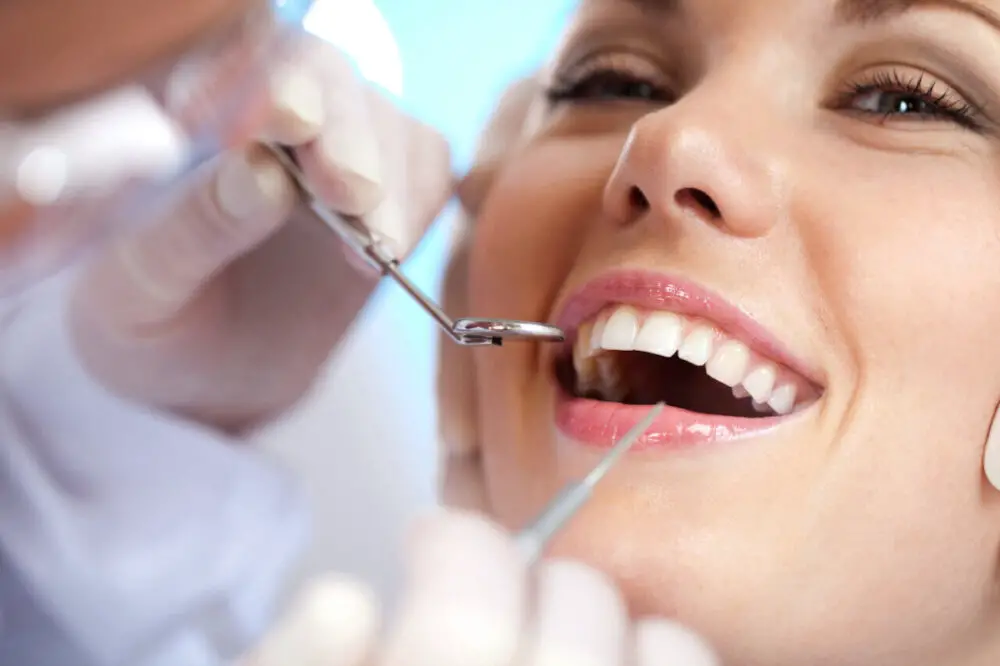
Cats are mysterious creatures that have captured the hearts of millions of people worldwide. They are known for their independent nature, their love of napping, and their ability to show affection in their own unique way. One of the most intriguing feline behaviors is when cats rub their teeth on you. This action can be confusing and even painful, but it is actually a sign of a strong bond between you and your furry companion. If you have ever owned a cat, you have likely experienced the sensation of your cat rubbing their teeth against your skin. This behavior can be quite startling, as it can be accompanied by purring, growling, or even biting. However, it is important to understand that this behavior is not aggressive in nature. Rather, it is a way for your cat to communicate their affection and establish a strong connection with you. In this article, we will explore the surprising reasons behind this feline behavior, and help you to better understand your furry friend.
Cats are fascinating creatures with a unique set of behaviors that can range from playful and affectionate to aloof and independent. They are known for their love of sleeping, grooming, and hunting, but also for their social interactions with both humans and other cats. One of the most common behaviors that cats exhibit is rubbing their teeth on objects and people. This behavior is often seen as a sign of affection or marking territory, and can be a way for cats to communicate with their owners and other felines. Understanding these behaviors can help cat owners better care for and interact with their furry friends.
Cats are known for their peculiar behavior of rubbing their faces and bodies against objects, people, and even other animals. This behavior is known as \bunting,\ and it serves various purposes for felines. For starters, cats have scent glands on their cheeks, chins, and foreheads that produce pheromones. By rubbing their faces on things, they are leaving their scent behind, marking their territory, and communicating with other cats. Additionally, rubbing against objects can feel good for cats, as it releases endorphins and provides a comforting sensation. Overall, bunting is a natural and instinctive behavior for cats, and it serves many purposes beyond just seeking attention or affection.
What is Tooth Grinding in Cats?
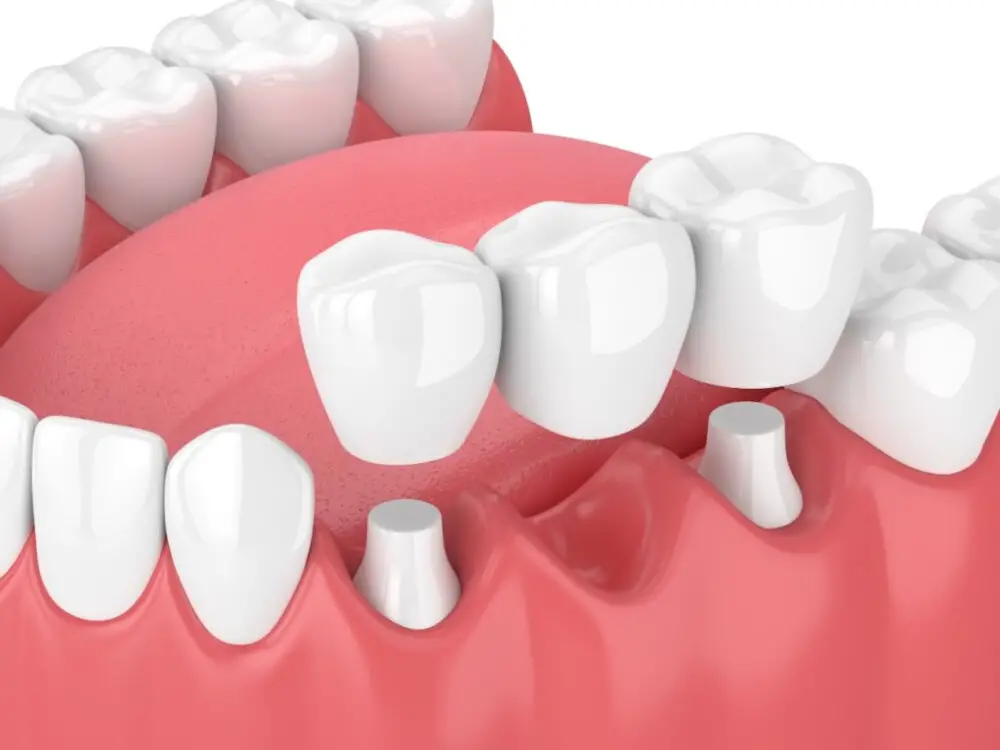
Tooth grinding, also known as bruxism, is a common feline behavior that is characterized by the repeated grinding of the teeth. This behavior can be caused by a variety of factors, including stress, anxiety, dental problems, and pain. Cats may grind their teeth when they are feeling anxious or stressed, or they may do so as a way to alleviate pain in their teeth or gums. In some cases, tooth grinding may also be a sign of a more serious medical condition, such as a mouth infection or a neurological disorder. If you notice your cat grinding their teeth, it is important to take them to the veterinarian for a check-up. Your vet will be able to determine the underlying cause of your cat’s tooth grinding and recommend an appropriate treatment plan. Depending on the cause of the behavior, treatment may involve medications, behavioral therapy, or dental procedures. With the right treatment, you can help your cat feel more comfortable and prevent further dental problems in the future.
Tooth grinding, also known as bruxism, is a common behavior observed in cats. This behavior involves the cat rubbing its teeth together, resulting in a grinding sound. While the exact reason for tooth grinding in cats is not fully known, it is believed to be a result of stress, anxiety, or dental problems. Cats may grind their teeth as a way to relieve stress or anxiety, much like how humans may clench their teeth in stressful situations. Additionally, tooth grinding may be a symptom of dental problems, such as tooth decay or gum disease. Therefore, it is important to take your cat to a veterinarian if you notice excessive tooth grinding, as it may be a sign of an underlying health issue.
Tooth grinding, also known as bruxism, is a common condition that affects both humans and animals, including cats. There are several reasons why cats may grind their teeth, such as dental problems, stress, anxiety, or pain. Some cats may have misaligned teeth or a bite that doesn’t fit properly, causing discomfort and leading to bruxism. Stressful situations, such as changes in the environment, noise, or the presence of other cats, can also trigger tooth grinding in felines. Additionally, dental issues, such as gum disease or tooth decay, can cause pain and discomfort, leading to bruxism as a way to alleviate the discomfort. Therefore, it’s important for cat owners to monitor their pet’s behavior and seek veterinary care if they notice any signs of tooth grinding or dental problems.
Why Do Cats Rub Their Teeth on You?
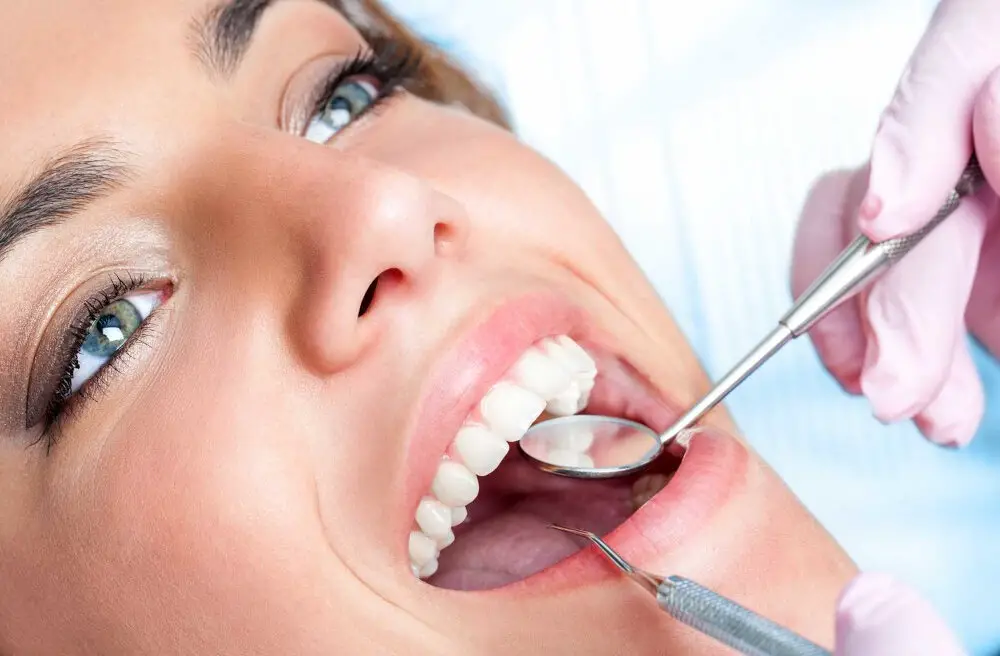
Cats are fascinating creatures with a variety of unique behaviors that they display on a regular basis. One such behavior is the act of rubbing their teeth against their owner or other humans. This behavior is often seen as strange or even uncomfortable, but it is actually a sign of affection and trust. When a cat rubs their teeth against someone, they are essentially marking them as a part of their territory. This is because cats have scent glands located in their mouths, and when they rub their teeth against someone, they are leaving their scent on them. This scent serves as a way for the cat to communicate with other cats and mark their territory. So, when a cat rubs their teeth against you, it is a sign that they trust you and consider you a part of their family. Another reason why cats rub their teeth against humans is to show affection. Cats are social creatures and love to show their owners how much they care. By rubbing their teeth against their owner, they are essentially giving them a little love bite. This behavior is similar to the way that cats groom each other as a sign of affection. When a cat rubs their teeth against their owner, they are essentially grooming them and showing them how much they care. So, the next time your cat rubs their teeth against you, don’t be alarmed. Instead, take it as a sign of love and affection from your furry friend.
Rubbing behavior in cats is a common feline behavior that is usually seen as a sign of affection, but it actually serves a more complex purpose. When a cat rubs its teeth on you, it is not only showing affection but also marking you with its scent. Cats have scent glands located in their cheeks, chin, and forehead, and when they rub against you, they leave their scent on you. This is a way of marking their territory and indicating to other cats that you belong to them. Rubbing is also a way for cats to communicate and establish a bond with their owners. It is important to understand this behavior and not discourage it as it is a natural and instinctive behavior for cats.
Cats are known for their quirky behaviors, and one of these is rubbing their teeth on people. While it may seem odd to us, this behavior is actually quite common among felines. One possible explanation for this behavior is that cats are marking their territory. By rubbing their teeth on objects or people, cats leave behind their scent, which helps them establish ownership of their surroundings. Another possible explanation is that cats are simply seeking attention or affection. By rubbing their teeth on their owners, cats may be indicating that they want to be petted or cuddled. Regardless of the reason, this behavior is just another way that cats communicate with their human companions.
Cats exhibit a variety of behaviors that can be unique and sometimes confusing to their human companions. From kneading to head-butting, cats have their own way of communicating and showing affection. Rubbing teeth, however, is a less commonly seen behavior. It is often compared to cats rubbing their faces or bodies against their owners, which is a way to mark their territory and show affection. However, rubbing teeth is believed to be more of a grooming behavior, and it may also be a way for cats to strengthen their teeth and jaws. Compared to other feline behaviors, rubbing teeth is relatively rare and may require a closer look to understand its purpose.
The Importance of Scent Marking for Cats
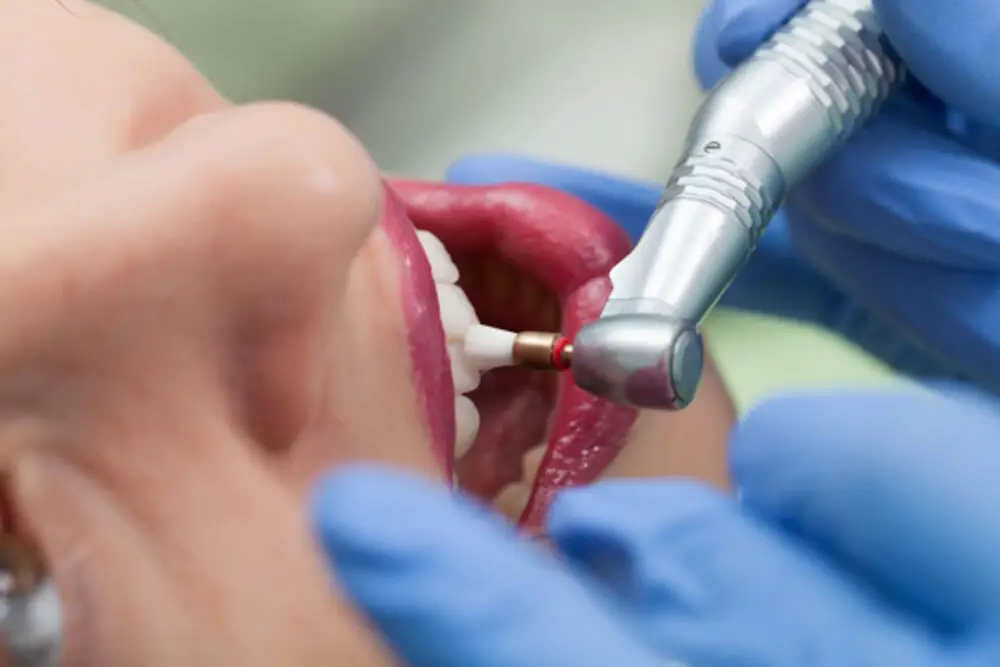
Scent marking is an important behavior for cats that serves various purposes. It involves leaving their own unique scent on objects in their environment, such as furniture, toys, and even humans. This behavior is often observed in cats that have not been spayed or neutered, as they have a stronger urge to mark their territory. Scent marking is a way for cats to communicate with other cats, marking their territory and indicating their presence. This behavior is particularly important for outdoor cats, as it helps them establish their territory and avoid conflicts with other cats. In addition to marking territory, scent marking is also a way for cats to express their emotions. When a cat rubs its face or body against an object or person, it is leaving its scent as a way of saying “this is mine.” This behavior is often seen in cats when they are feeling anxious or stressed, as it helps them feel more secure in their environment. By leaving their scent, cats are able to create a sense of familiarity and comfort in their surroundings, which can help to reduce their anxiety and stress levels. Overall, scent marking is an important behavior for cats that helps them establish their territory, communicate with other cats, and express their emotions.
Scent marking is the process by which cats communicate with each other through smell. When a cat rubs its teeth on you, it is leaving behind its scent as a way of marking you as its own. This behavior is a natural instinct for cats, as they use scent marking to establish their territory and communicate with other cats. Cats have scent glands in their cheeks, chin, and forehead, which they use to leave their scent on objects and other cats. By rubbing their teeth on you, cats are transferring their scent onto you as a way of claiming you as part of their territory. This behavior also serves as a way of bonding with their owners, as cats tend to scent mark those they have a close relationship with.
Cats use scent to communicate in a variety of ways, including rubbing their teeth on people and objects. This behavior is known as \bunting\ and is a way for cats to mark their territory and leave their scent. Cats have scent glands located in their cheeks, chin, forehead, and paw pads, which they use to mark objects and people by rubbing their face against them. By doing so, they are not only claiming ownership of the object or person but also leaving a familiar scent that can help them feel more secure in their environment. Additionally, cats use their sense of smell to identify other cats in their territory, and they can tell a lot about another cat’s mood and health from their scent. Overall, scent plays a significant role in a cat’s social life and communication, and bunting is just one of the many ways they use it to interact with their environment.
Cats have a unique way of communicating with their surroundings, and one of their primary methods is through scent marking. When a cat rubs their teeth on an object or person, it leaves behind their scent. This scent carries information about the cat’s identity, territorial boundaries, and social status to other cats in the area. By rubbing their teeth against an object, cats can deposit their scent more effectively than with just their paws or face. Additionally, the teeth are a more prominent and visible part of the cat’s body, so marking with their teeth may be a more assertive way for cats to communicate their presence and ownership of a particular area or person.
Understanding Your Cat’s Behavior
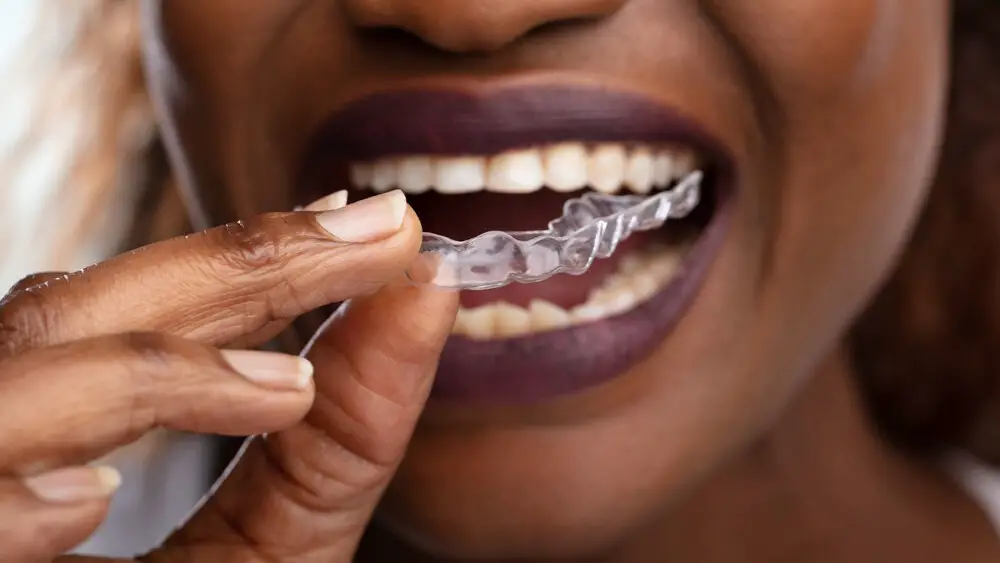
Understanding your cat’s behavior is crucial to building a strong bond with your feline friend. Cats are known for their independent nature, but they still require attention and affection. When a cat rubs its teeth on you, it’s not only a sign of affection, but it’s also a way for your cat to mark its territory. Cats have scent glands located in their cheeks and around their mouths, which they use to leave their scent on objects and people in their environment. Cats also rub their teeth on you as a form of communication. When a cat rubs its teeth on you, it’s a way of saying hello and showing its affection. This behavior is more common in cats that have a close bond with their owners. If your cat rubs its teeth on you, it’s a sign that your cat trusts you and feels comfortable around you. Understanding your cat’s behavior is essential to building a strong relationship with your pet. By paying attention to your cat’s body language and vocalizations, you can better understand your cat’s needs and communicate effectively with your furry friend.
As a cat owner, it’s important to understand your cat’s behavior to ensure that they are happy and healthy. One of the key things to look out for is body language, as cats use subtle movements to communicate their feelings. For example, a cat that is happy and relaxed will have their ears pointing forward and their tail held high, while a scared or anxious cat will have their ears pinned back and their tail tucked between their legs. Another important behavior to watch out for is vocalization, as cats use different meows, purrs, and growls to express themselves. If your cat is rubbing their teeth on you, it’s likely a sign of affection, as cats use scent marking to show ownership and affection towards their owners. By paying attention to your cat’s behavior, you can better understand their needs and ensure that they are happy and healthy.
Cats are known for their unique behaviors, and rubbing their teeth on their owners or other objects is one of them. This behavior is not only unusual but also adorable. It’s a way for cats to mark their territory and show affection. When your cat rubs its teeth on you, it’s a sign that it trusts you and feels comfortable around you. To respond to this behavior, you can give your cat a gentle pet or scratch behind the ears to show that you appreciate the affection. However, it’s important to keep in mind that excessive tooth rubbing could be a sign of dental problems or discomfort, so it’s best to monitor your cat’s behavior and consult a veterinarian if necessary.
In addition to rubbing their teeth on you, there are a few other behaviors that you should look out for in cats. For example, if your cat is kneading or \making biscuits\ on you, it’s a sign that they are feeling relaxed and content. On the other hand, if your cat is hissing or arching their back, they are likely feeling threatened or aggressive. It’s important to pay attention to your cat’s body language and vocalizations in order to better understand their mood and needs. By doing so, you can ensure that your feline friend feels safe, comfortable, and loved in your home.
In summary, cats rub their teeth on their owners as a way to show affection and mark their territory. This behavior is known as bunting and is a natural feline instinct. By rubbing their teeth and gums on objects and people, cats leave behind their scent which acts as a territorial marker and also a way to communicate with other cats. Additionally, bunting releases pheromones which create a calming effect and help to strengthen the bond between cat and owner. Although it may seem strange or even uncomfortable at times, it is important to understand that this behavior is a sign of love and trust from our feline friends.
In conclusion, tooth rubbing behavior in cats can be a sign of a few different things, including dental issues, affection, or marking their territory. While it may seem strange or even uncomfortable to have your cat rub their teeth on you, it is a relatively harmless behavior that can be easily managed with regular dental check-ups and proper training. It is important to note that if your cat’s tooth rubbing behavior seems excessive or is accompanied by other concerning symptoms, it is always best to consult with a veterinarian to ensure that there are no underlying health issues causing the behavior. Overall, understanding and accepting this behavior is just one small part of the complex and fascinating world of feline behavior.
Conclusion
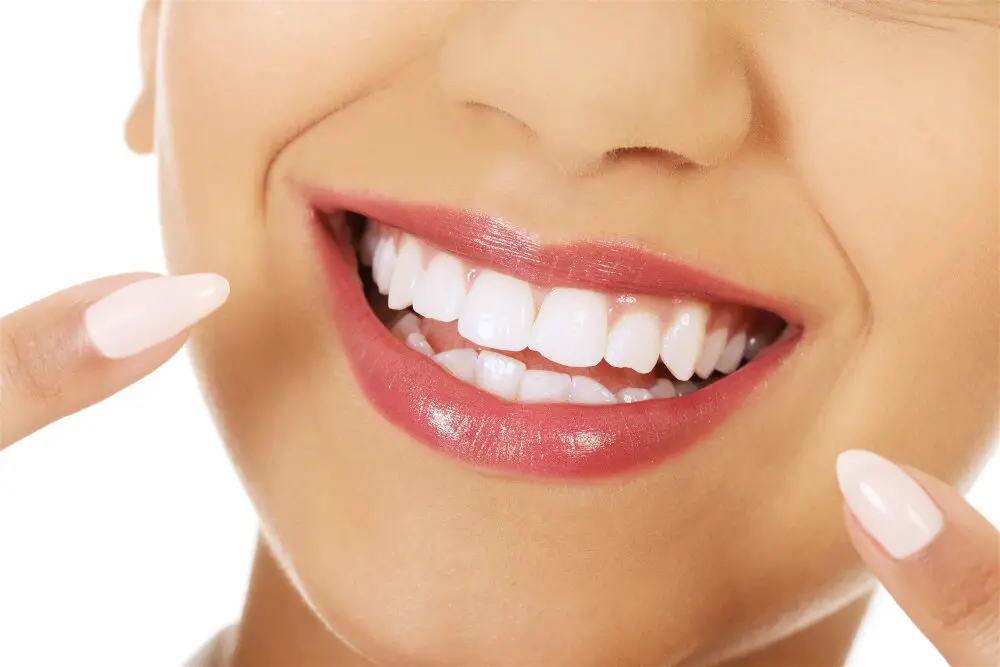
In conclusion, cats rubbing their teeth on their owners or other objects is a natural behavior that is deeply ingrained in their instincts. This behavior is not only a means of marking their territory but also a way of displaying affection and trust towards their owners. It is also a way of communicating with other cats and animals in their environment. Therefore, cat owners should not be alarmed or worried when their furry companions display this behavior. Instead, they should embrace it as a sign of their cat’s love and affection. Understanding this behavior can help us deepen our bond with our feline friends and appreciate them even more.







